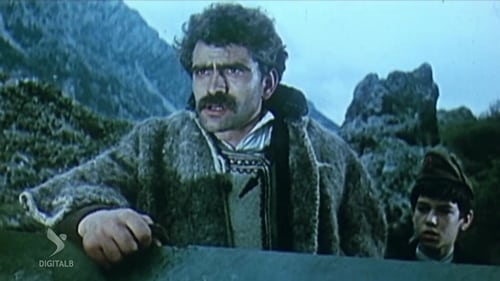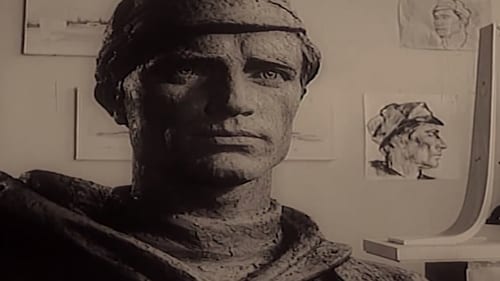
Screenplay
Film set on the 8th of November 1941, the day the Albanian Communist Party was founded.

Supervising Producer
A repatriated man is killed in a small town. No one knows who the killer is. The chief investigator takes the case himself and starts unraveling the mystery.

Director
A historical drama focusing on the days leading up to Albania's declaration of independence from the Ottoman Empire in November 1912.

Writer
Zana and Bardhyl are two students in love with each other. Through the spiritual ups and downs of this love the film reveals their dreams and desires, likes and dislikes. With these characters more or less of the same age, which have their differences, the film delineates the portrait of the student youth.

Director
Zana and Bardhyl are two students in love with each other. Through the spiritual ups and downs of this love the film reveals their dreams and desires, likes and dislikes. With these characters more or less of the same age, which have their differences, the film delineates the portrait of the student youth.

Director
Halit Berati, a virtuoso clarinet player, is invited by the Italians to record his music, which is to be sold along Italian records.

Screenplay
After Mato Gruda, a man living in a remote village in the mountains of Albania, steals a cannon abandoned by the German invaders he has to decide whether to use the weapon to support the Partisan resistance or to avenge his family.

Director
After Mato Gruda, a man living in a remote village in the mountains of Albania, steals a cannon abandoned by the German invaders he has to decide whether to use the weapon to support the Partisan resistance or to avenge his family.

Director
After the war, the country is plagued by famine. The secretary party committee, Martin Kreka, leads a campaign to gather the grain that is sold in the black market.

Director
Deda, an enthusiastic young worker, is trying to fix a cut telephone line during the harsh winter, so that people can wish each other a happy New Year.

Writer
World War II. The fascists kill a boy and invite his mother to identify the body, but she refuses.

Director
World War II. The fascists kill a boy and invite his mother to identify the body, but she refuses.

Screenplay
On the anniversary of the death of Commissioner Ibrahim Kovaçi, six of his war friends are accompanying his statue to his native village, where a ceremony will be held. During the road, each of them remembers moments related to the life of Ibrahim.

Director
On the anniversary of the death of Commissioner Ibrahim Kovaçi, six of his war friends are accompanying his statue to his native village, where a ceremony will be held. During the road, each of them remembers moments related to the life of Ibrahim.

Director
In 1968, Horizonte Te Hapura, directed by Viktor Gjika, one of the pioneers of Albanian moviemaking, broke new ground. Its subject matter was contemporary, rather than being a historical piece or an action drama set among the partisans of World War II. In the story, a dockworker sees that a crane, a crucial piece of shipyard equipment, is being endangered by a violent storm, and despite considerable danger to himself works to save it. ~ Clarke Fountain, Rovi

Cinematography
Tomori has managed to infiltrate a foreign agency and is trying to discover their secret documents, bases, and means of communication.













